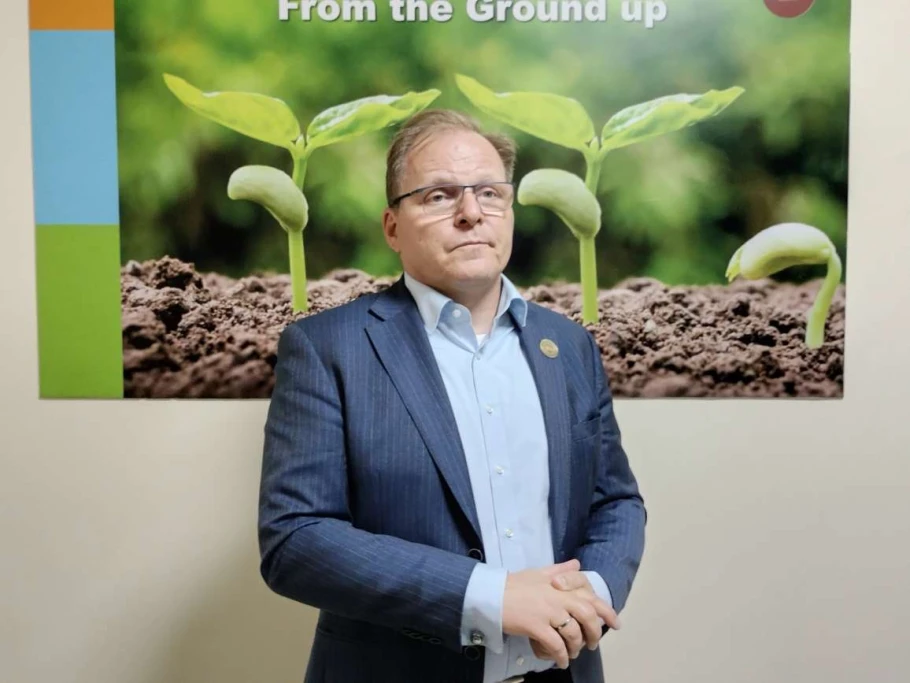
An expert has called on the donors, partners, and the government of South Sudan to support local private sector partners to develop local markets to boost economy.
South Sudan imports most of its food items such as tomatoes, onions, maize flour, cooking oil, dairy products, and beans from neighboring Uganda and Kenya and sorghum from Sudan.
Economists described South Sudan as a rich country along the River, with many resources and fertile agricultural lands, but the conflict of 2013 has crippled the local economy.
Insecurity and poor roads, coupled with the country’s crisis, has hindered local farmers, entrepreneurs, and other local private sector partners from building local businesses and boost local economy.
The visiting Chief Executive Officer of the International Fertilizer Development Centre (IFDC), Henk Van Duijin, said the local private sectors can produce locally made food products from the rich fertile land if strengthened and supported.
“If we can support those private sectors both small and big to come back to the level where they were before 2013 or event more because the market is different, then we will reach a level of economic development,” Van stated.
“There is much more out there, there are many more private sector partners who would like to have support to build their own business in the food industry in South Sudan.”
Most states in Bhar el Gahzal and Upper Nile regions of South Sudan depends on sorghum being imported from Sudan despites presence of rice scheme in Aweil.
Some states that are able to produce food such as western Equatoria state and Magwi County -Eastern Equatoria have no goods roads to access markets with their produces.
Van explained that in the next five years, IFDC in South Sudan will embark on building network with local private sector partners as ones of the food processing, which are able to sustain local food markets by producing products for the local markets and making money, saying “entrepreneurs don’t invest if there is no money in the market”.
“Building strong economic markets where consumers are directly linked to the processes will really help boost local economy,” he argued.
According to IFDC leader, government and development partners need to work hard to see that they are able to support entrepreneurs in South Sudan to strengthen the South Sudanese economy especially agri-food system.
“Everywhere in South Sudan, people need to have access to the products, the should be affordable and available and this is what we are trying to establish,” Van stressed.
With South Sudan importing most of its food items from the neighboring countries. The quality check body – National Bureau of Standards said most of the foods items that enters South Sudan are not safe for consumption and warns the business community to avoid importing substandard food items.
The economist added that this could only be minimized by empowering local markets and farmers to produce food locally.